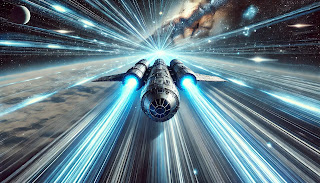Arjuna
Arjuna is one of the greatest heroes of the Mahabharata—a master archer, a noble prince, and the spiritual seeker whose inner battle defines the soul of the epic.
Identity:
- Third Pandava, son of Kunti and the god Indra.
- Born to be a warrior, trained by Drona, and considered the finest archer of his age.
- Known as Partha, Dhananjaya, and Gudakesha—each name reflecting a different facet of his character.
Role in the Mahabharata:
- Central figure in the Kurukshetra War, where he must fight against his own kin and teachers.
- Faced with moral paralysis before the battle, he receives the Bhagavad Gita from Krishna, who is both his charioteer and divine guide.
- Arjuna’s journey is not just martial—it’s philosophical, emotional, and profoundly human.
Symbolic Meaning:
- Arjuna represents the human condition: gifted, conflicted, ethical yet emotionally torn.
- His dialogue with Krishna symbolizes man’s inner struggle between duty and doubt, action and inertia, ego and enlightenment.
- He becomes the archetype of the spiritual warrior—one who must first conquer himself.
In essence:
Arjuna is every seeker standing at the edge of a moral battlefield—haunted by questions, bound by duty, and called to rise. He is not heroic because he is flawless—but because he chooses wisdom over fear, and dharma over despair.





Comments
Post a Comment
Your Thoughts, Please!
Have an opinion? A question? Or just want to share your random thoughts? Drop a comment below—we’d love to hear from you!